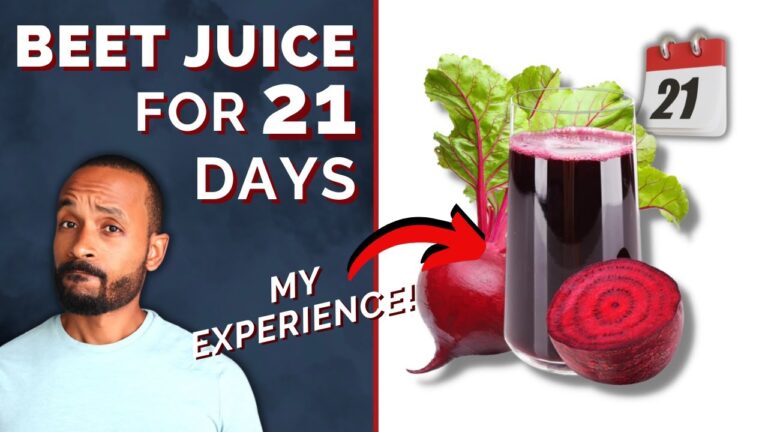Organic food sales in the U.S. in 2022 broke through $60 billion for the first time, hitting another high-level mark for the resilient organic sector, according to the Organic Trade Association.
Total organic sales—including organic non-food products—reached a record $67.6 billion, according to the 2023 Organic Industry Survey released May 17. Organic food sales totaled $61.7 billion last year, while the value of organic non-food sales hit nearly $6 billion.
The sector’s 4% sales growth was nearly twice the pace of growth in 2021. Between 2013 and 2022, the organic market increased $32.9 billion, nearly 95%.
Certified organic now accounts for 6% of total food sales in the U.S.
This growth came despite challenging headwinds, such as inflation pressures; pandemic-related supply-chain disruptions; global political events; and an acute labor shortage affecting organic producers. Inflation heated up costs across both organic and conventional supply chains, boosting prices in grocery aisles. As a result, the organic sector reflected the overall food sector, with the value of organic sales rising even as sales volume growth slowed in some categories.
“Organic has proven it can withstand short-term economic storms. Despite the fluctuation of any given moment, Americans are still investing in their personal health, and, with increasing interest, in the environment, and organic is the answer,” Organic Trade Association CEO Tom Chapman said. “Organic’s fundamental values remain strong, and consumers have demonstrated they will come back time and again because the organic system is verified, and better for people, the planet and the economy.”
Produce still leads organic sales
Organic produce, often the entry point for new organic buyers, easily held its position as the top seller of all organic categories. Sales of organic produce totaled $22 billion, accounting for 15% of all fruit and vegetable sales in this country.
Organic beverages were the second-best-selling organic category, reporting $9 billion in sales in 2022, up 4%. Organic coffee maintained its position as the highest selling organic beverage with close to $2.3 billion in sales, up almost 7% from the year before. Organic soft drinks and enhanced drinks broke reached sales of $503 million—robust growth of almost 14%.
“Organic beverages continue to climb. They’re an area where shoppers are willing to experiment and are less price sensitive,” said Angela Jagiello, director of education and insights for OTA and coordinator of the annual survey. “Soft and enhanced drinks had a great year, with the non-alcoholic trend being a big contributing factor. Many younger shoppers are reducing or eliminating alcohol, and these organic beverages are a celebratory and sophisticated alternative.”
Dairy and eggs took third place with sales of $7.9 billion, up more than 7% from 2021. Organic dairy and eggs now constitute nearly 8% of the total dairy and egg market. Continued demand and inflationary price increases helped boost the dollar sales in that category: Organic yogurt sales increased more than 12% to $1.5 billion, and organic egg sales rose 11% to around $1.2 billion.
While the growth of organic sales has predictably slowed from the barnburner rates during the pandemic, a wide and diverse smattering of organic products showed strong sales increases as consumers bring organic more fully into their lives:
In the organic non-food category, sales of organic linens and clothing accounted for some 40% of sales, recording $2.4 billion for a gain of 2.5%. Organic supplement sales held steady with sales of around $2 billion, while organic personal care products rose over 5% to $1.2 billion.
This content was originally published here.




















